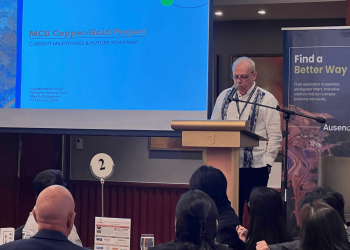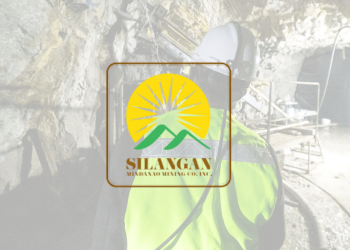Albay Representative José María Clemente Salceda cited a need for a “rational” tax structure imposed on miners.
Lawmakers appealed for a rule allowing for a one-day hearing to amend a proposal for taxes applied to mining operations.
Salceda said this after the House Committee on Ways and Means approved on Monday House Bill 5022, which seeks to establish a fiscal regime for the mining industry.
The bill approved by the committee could provide additional P25 billion of revenues to the government in five years, according to Salceda.
“In this committee-approved bill, we removed from [this tax proposal] the metallic and nonmetallic [operations] due to the ‘Build, Build, Build’ program [of the Duterte administration],” he was quoted in a BusinessMirror report.
The bill also pushes for an equitable imposition of royalty on mining operations within and outside mineral reservations, the lawmaker added.
House Committee on Ways and Means Senior Vice Chairman Estrellita B. Suansing said there is a need to rationalize and a uniformed fiscal regime applicable to all mineral agreements to promote fairness.
“This aims to level the playing field, so to speak, considering that under the current taxation setup, only mining contractors inside the mineral reservations pay the royalty tax,” Suansing said.
Large-scale mining operations within a mineral reservation shall have a 3-percent royalty tax, under the proposal.
Outside mining reservation areas, a royalty tax ranging from 1 percent to 5 percent will be imposed, while small-scale mining operations shall be exempt from the payment of royalty.
As of now, only mining sites declared as mineral reservations are required to have a payment of royalty fees.
Creation of the Natural Resource Trust Fund is also being proposed, which will serve as a sovereign wealth fund to use by local governments where mines are located.
The bill said failure to do this obligation will result in immediate suspension or closure of the mining activities of the contractor concerned.
“The fund shall be used by local government units to support educational programs, technological, research programs of local relevance, disaster risk management, rehabilitation of abandoned mines and health services programs of the communities directly affected by mining activities,” Salceda said.
The bill also aims to use revenues from mining agreements through an auctioning system to be established by the Mines and Geosciences Bureau (MGB).














